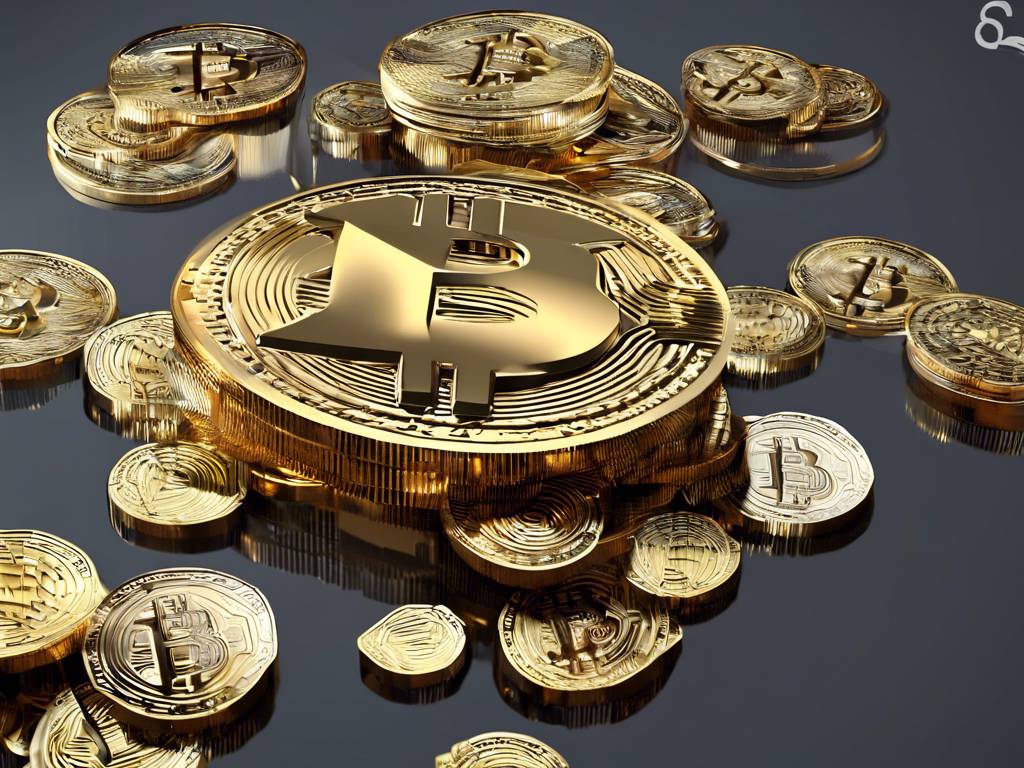South Korea’s Stricter Regulations for Token Listing on Exchanges
South Korea is gearing up to implement more stringent regulations for token listing on exchanges, including the prohibition of tokens that have been compromised through hacking incidents. Financial authorities in the country are in the process of finalizing guidelines for virtual asset trading support. These guidelines are expected to be released by the end of this month or early next month, based on a report by News 1.
- The Financial Supervisory Service has been working on these listing guidelines since the second half of last year.
- They have been gathering input from exchanges like the Digital Asset Exchange Association (DAXA).
- DAXA had previously created joint listing review guidelines, but it was deemed necessary for the authorities to establish their own standards before the Virtual Asset User Protection Act is enforced in July.
New Guidelines on Virtual Asset Listing Standards
The forthcoming guidelines detail that virtual assets with a history of hacking or security incidents will not be permitted for listing unless the cause of the incident has been sufficiently explained, and damages have been recuperated. In recent times, multiple hacking incidents targeted local virtual asset projects, leading to the compromise of coins like Galaxia (GXA), Orbit Chain (ORC), Somesing (SSX), and Play Dapp (PLA). Due to the failure to adequately identify the cause of the hacks, these coins were delisted from DAXA-affiliated exchanges. Galaxia was an exception as it managed to recover the damages through a “buyback” scheme and continued to be supported for trading on Gopax. However, re-listing in the future may be impossible for assets that have experienced hacking incidents without a clear identification and resolution of the causes.
- Regulators will block assets with a history of hacking unless the causes are explained and damages recovered.
- Several coins were delisted for failing to identify the cause of the hacks properly.
- Overseas virtual assets must have a white paper or technical manual available for domestic use for listing.
Delisting Standards and Potential Approval of Bitcoin ETFs
The new guidelines specify standards for delisting virtual assets. For instance, if a virtual asset project fails to comply with disclosure obligations, it will be delisted. A common example is a discrepancy between the actual distribution volume and the publicly announced distribution volume. While the contents of the listing guidelines have been mostly finalized, the exact announcement schedule remains unclear. Last month, South Korea’s financial watchdog chief hinted at the potential approval of spot Bitcoin exchange-traded funds (ETFs) in the country. Lee Bok-hyun, governor of the Financial Supervisory Service, mentioned in a recent radio interview that authorities are deliberating on this matter. With the general election approaching, rival political parties in South Korea are competing for the support of crypto investors, who have become a crucial voting group.
- Virtual assets failing to comply with disclosure obligations will be delisted.
- The exact announcement schedule for the guidelines is still unknown.
- South Korea’s political parties are vying for support from crypto investors ahead of the general election.
Hot Take: South Korea’s Enhanced Crypto Regulations Signify Increased Security
The upcoming stricter regulations set by South Korea for token listing on exchanges signal a shift towards enhanced security measures in the crypto space. By introducing guidelines that block compromised tokens due to hacking incidents and emphasizing proper identification of causes, the country aims to safeguard investors and strengthen the integrity of the market. These proactive steps not only protect users but also contribute to fostering trust and credibility in the virtual asset trading environment. As regulatory frameworks continue to evolve globally, such initiatives play a vital role in shaping a more secure and resilient crypto ecosystem.





 By
By
 By
By
 By
By


 By
By